Back by Popular Demand: United Way’s Juneteenth Quiz
On this date last year, United Way of King County posted this Juneteenth Quiz blog post, and it continues to be one of our most popular entries (garnering more than 1,200 views). We’ve decided to bring it back, updated it, and added three bonus questions! See how many you can answer correctly.
True or False: Juneteenth marked the official end of slavery in the United States.
Answer: False. On June 19, 1865—two and a half years after the Emancipation Proclamation—Union soldiers visited Texas and spread news that the Civil War was over and that slavery had ended throughout the Confederate South. Most non-Confederate states had abolished slavery by using their laws—the exceptions being Delaware and Kentucky, which reportedly didn’t end slavery until the ratification of the 13th Amendment on Dec. 6, 1865. Even then, slavery did not officially end until slaveholding Indigenous reservations abolished the practice by negotiating a treaty with the U.S. government in 1866, according to the National Archives.
True or False: About a quarter million slaves in Galveston were made free with the news on June 19, 1865.
Answer: True. According to Texas A&M University Galveston, some of the sites where the proclamation was shared by about 1,800 federal troops are still standing.
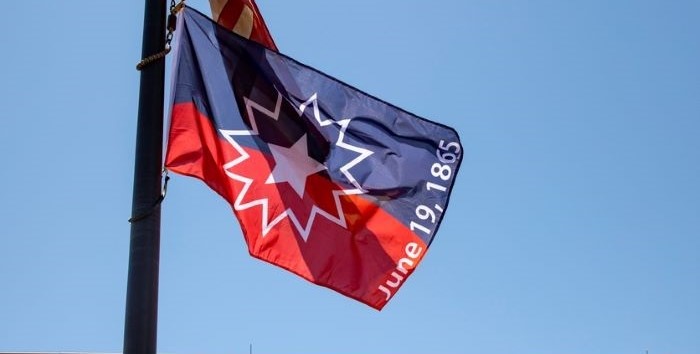
True or False: President Abraham Lincoln’s Emancipation Proclamation that freed the slaves was done in part to keep the Confederacy from gaining the upper hand in the Civil War.
Answer: True. According to the National Archives, in freeing the slaves, Lincoln sought to keep England and France from giving political recognition and military aid to the Confederacy. Lincoln also hoped that freed Black men would take up arms for the Union in battle, and the strategy worked. According to the National Archives, nearly 200,000 Black soldiers and sailors fought for the Union by the end of the war.
True or False: The original General Order No. 3 regarding emancipation that was read to the people of Galveston not only informed slaves that they were free but encouraged them to celebrate their newfound freedom.
Answer: False. In fact, according to a report from the University of Colorado Denver, the original order included a caveat that read, “The freedmen are advised to remain quietly at their present homes and work for wages. They are informed that they will not be allowed to collect at military posts nor be supported in idleness either there or elsewhere.” Incensed former slaveholders, who reportedly sought to keep slaves in bondage at least through the next harvest, sought to squash freedom celebrations. According to Governing.com, they passed laws prohibiting commemorations in state parks and other public spaces.
True or False: Every state commemorates Juneteenth as a paid holiday for government workers.
Answer: False. While Juneteenth is recognized nationwide, only about half of America’s states and the District of Columbia grant government workers paid time off for the holiday. Washington state does, but according to Pew Research, those who do not include California, Alaska, Hawaii, the Carolinas, Florida, Pennsylvania, and Vermont.
True or False: Juneteenth is also the title of a novel by Ralph Ellison.
Answer: True. The author, who won the 1953 National Book Award for “Invisible Man,” reportedly began writing “Juneteenth” in 1955. However, the original, unpublished “Juneteenth” manuscript was destroyed by fire more than a decade later, according to Encyclopedia.com. Juneteenth was published posthumously in 1999—five years after Ellison’s death.
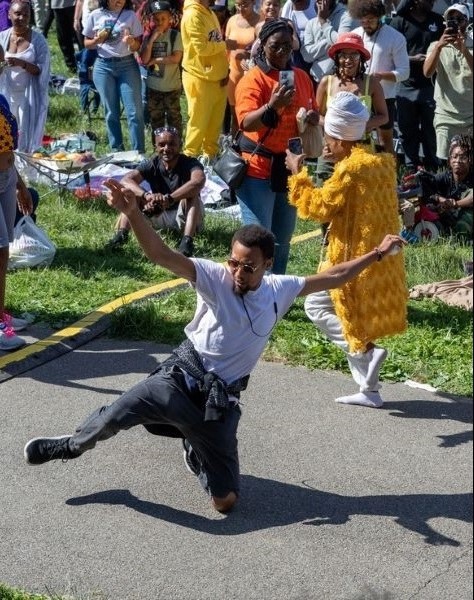
True or False: Juneteenth is celebrated locally by United Way of King County partners.
Answer (updated): True! Africatown Community Land Trust is hosting a Juneteenth celebration at Jimi Hendrix Park on June 19 from noon to 8 p.m. at Jimi Hendrix Park. On its website, Africatown says of its Juneteenth celebration: “Join us for a day of music, food, and education as we honor the resilience and resistance of our ancestors. This in-person event will feature more than 100 Black-owned businesses, live music, guest speakers, food vendors, and more.”
Bonus Question No. 1: Africatown is also the name of the community in Alabama that is home to descendants of African slaves who were smuggled into the U.S. aboard the last known slave ship to arrive in this country.
Answer: True. More than 50 years after the U.S. banned the importation of slaves, the slave ship Clotilda came ashore near Mobile, AL, in 1860. The ship carried more than 100 slaves; in 1865, those who remained were freed by Union soldiers. They ultimately purchased land and established a community that exists to this day.
Bonus Question, No. 2: Well before the end of slavery in the U.S., many freed Blacks desired to return to Africa, and their requests were granted.
Answer: True. Fifty years before slavery officially ended, the American Colonization Society—which included future presidents James Monroe and Andrew Jackson—established a colony in West Africa for formerly enslaved Blacks from the U.S. The land now comprises most of modern-day Liberia. Its capital, Monrovia, is named for James Monroe.
Bonus Question, No. 3: With the official ending of slavery in 1866, the U.S. became the last nation in the Americas—North and South—to abolish the practice.
Answer: False. The last nation in the Americas to abolish slavery was Brazil in 1888.
Happy Juneteenth!

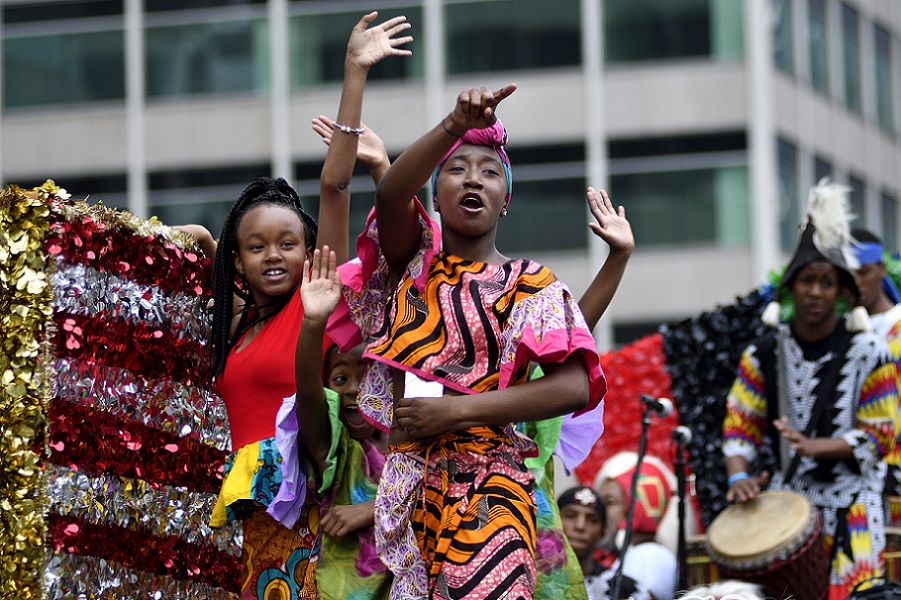
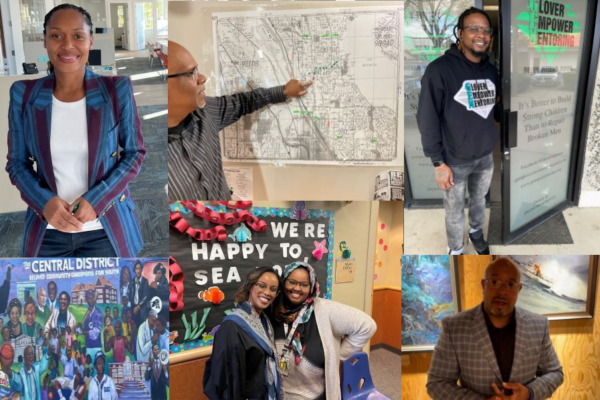
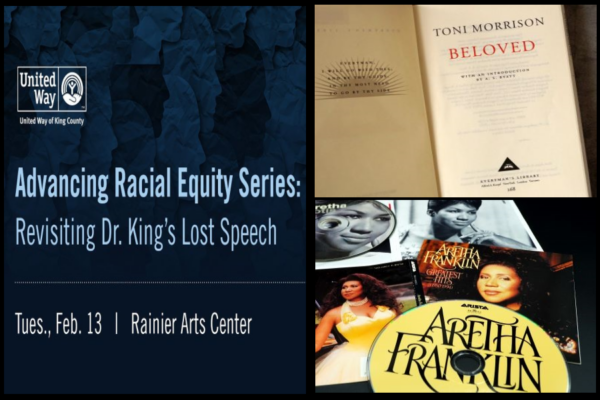
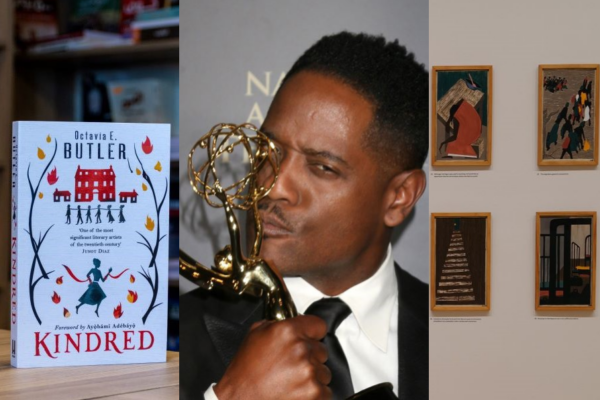
Comments